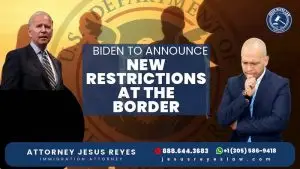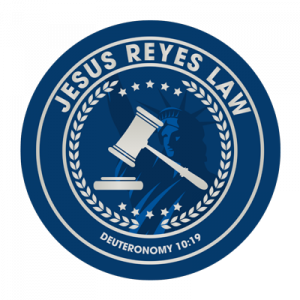In a significant move that has captured the attention of communities and activists across the United States, the Supreme Court has decided to temporarily block the implementation of Texas’ SB4 law. This legislation, which has generated broad controversy since its approval, establishes strict measures regarding illegal immigration and has been criticized by those who consider it a violation of the civil rights of the immigrant population.
Background of the SB4 Law
The SB4 law, enacted in Texas, has been described by its supporters as a necessary tool to strengthen security and law enforcement in the state. Among its provisions, it includes the obligation for local police agencies to cooperate with federal immigration authorities, as well as penalties for cities that adopt “sanctuary” policies and refuse to cooperate with these law enforcement efforts.
Since its introduction, the law has sparked intense debate. Advocates argue that it is essential for public safety, while detractors criticize it for encouraging racial discrimination, eroding trust in local authorities, and jeopardizing the rights of immigrant communities.
The Supreme Court’s Decision
The Supreme Court’s recent decision to temporarily block the SB4 law has been met with relief by many, especially within immigrant communities. The Court cited the need for a more detailed review of the law and its implications before allowing its full implementation. This decision underscores the importance of protecting civil rights and ensuring that state laws do not infringe upon federal or constitutional rights.
The reaction to this news has been mixed, with expressions of support from activists and organizations defending the rights of immigrants, as well as criticism from those who see the Court’s intervention as an obstacle to law enforcement.
Impact and Consequences
The impact of this decision goes beyond Texas, sending a clear signal about the importance of carefully considering the balance between security, law enforcement, and civil rights. Additionally, it raises questions about the future of similar laws in other states and how immigration policies will be addressed at the national level.
Although the decision is temporary, it opens the door to a broader debate about how the United States approaches immigration and protects its most vulnerable communities. For many Hispanic immigrants, especially those from South America, this moment represents an opportunity to advocate for more fair and inclusive policies.
The Supreme Court’s decision to temporarily block Texas’ SB4 law is a significant event in the ongoing debate about immigration and civil rights in the United States. As the country navigates these turbulent waters, the hope of many lies in developing a more equitable and humane approach to immigration, one that recognizes the invaluable contribution of immigrants to American society and protects their fundamental rights.










